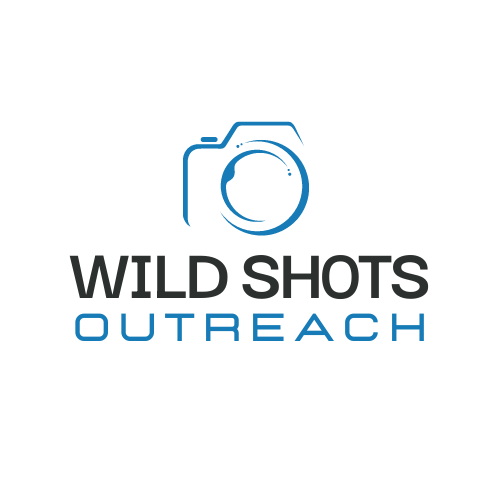top of page


Connecting, inspiring and uplifting young Africans through wildlife photography

Wild Shots Outreach teaches new skills, providing a “focus” and introduction to the natural world and helps raise the aspirations of these young people – the conservationists of tomorrow.

In addition, WSO is supporting young people from these communities by funding training, further studies and employment through its Bursary Programme.
Awareness of wildlife and conservation issues is lacking in many African communities. Despite living within a few kilometres of National Parks, the young people have never visited a wilderness area or seen wildlife first-hand. How will we save Africa’s wildlife and wild places if there is a disconnect with local communities? Founded in 2015, Wild Shots Outreach prioritises unemployed youth and government high school students.

Wild Shots Outreach
engages previously disadvantaged young Africans in wildlife and conservation through photography
WILD SHOTS OUTREACH:
OUR MISSION
bottom of page

